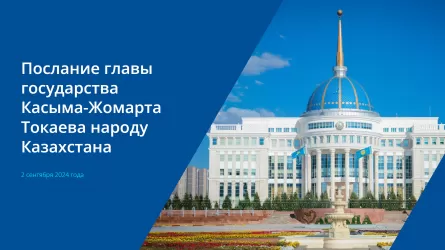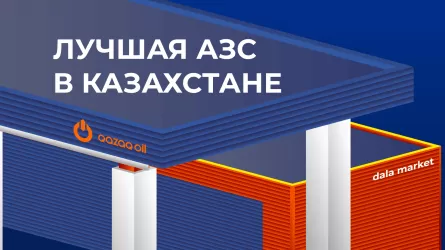The Astana Times – The National Bank of Kazakhstan intends to integrate its digital currency into Binance’s BNB blockchain, announced Binance CEO Changpeng Zhao on his Twitter on Oct. 26.
“Our team met with the First Deputy Governor of the National Bank of Kazakhstan Berik Sholpankulov and Head of Payment and Technological Center Binur Zhalenov. We introduced them to the BNB Chain community to discuss testing integrating their Digital Tenge with BNB Chain,” tweeted Zhao.
Earlier this month, the Astana International Financial Centre (AIFC) granted Binance a permanent license to manage a digital asset platform and provide custody services in Kazakhstan, making it an official financial regulator in the country.
The National Bank started exploring the cryptocurrency market in 2021 when it launched a pilot project to evaluate the digital market’s risks and benefits.
“If you’re not aware, National Bank of Kazakhstan recently launched a digital currency pilot in a controlled environment and with real consumers and merchants,” noted Zhao in his Tweet. “Looking forward to NBK preparing digital currency use cases to see how they could be integrated into the BNB Chain to bridge the gap between traditional banking and the crypto ecosystem.”.
Kazakhstan has been an attractive location for crypto miners for a long time due to low energy prices. The Kazakh government, realizing the market’s potential and the energy consumption abuse by miners, started developing and introducing regulations.
“The collaboration seems mutually beneficial as it can drive digital tenge adoption through reinforcing our value proposition for crypto-savvy, mature consumers and enhance trust in a regulated crypto ecosystem,” wrote Zhalenov in his social media post.
The Mazhilis, a lower house of the Kazakh Parliament, approved a bill on digital assets on Oct. 12, laying out registration procedures, procedures for regulating the circulation of unsecured digital assets, including their issuance and exchange and a list of taxes.
“Miners are becoming full-fledged participants in the Kazakh economy. Before this, mining activities were mainly carried out in cloud services by non-residents. Kazakhstan was a raw material appendage of the blockchain industry. The bills will require miners to obtain licenses in Kazakhstan to create legal entities and become full-fledged subjects of taxation,” said Mazhilis deputy Yekaterina Smyshlyayeva when presenting the bill.















